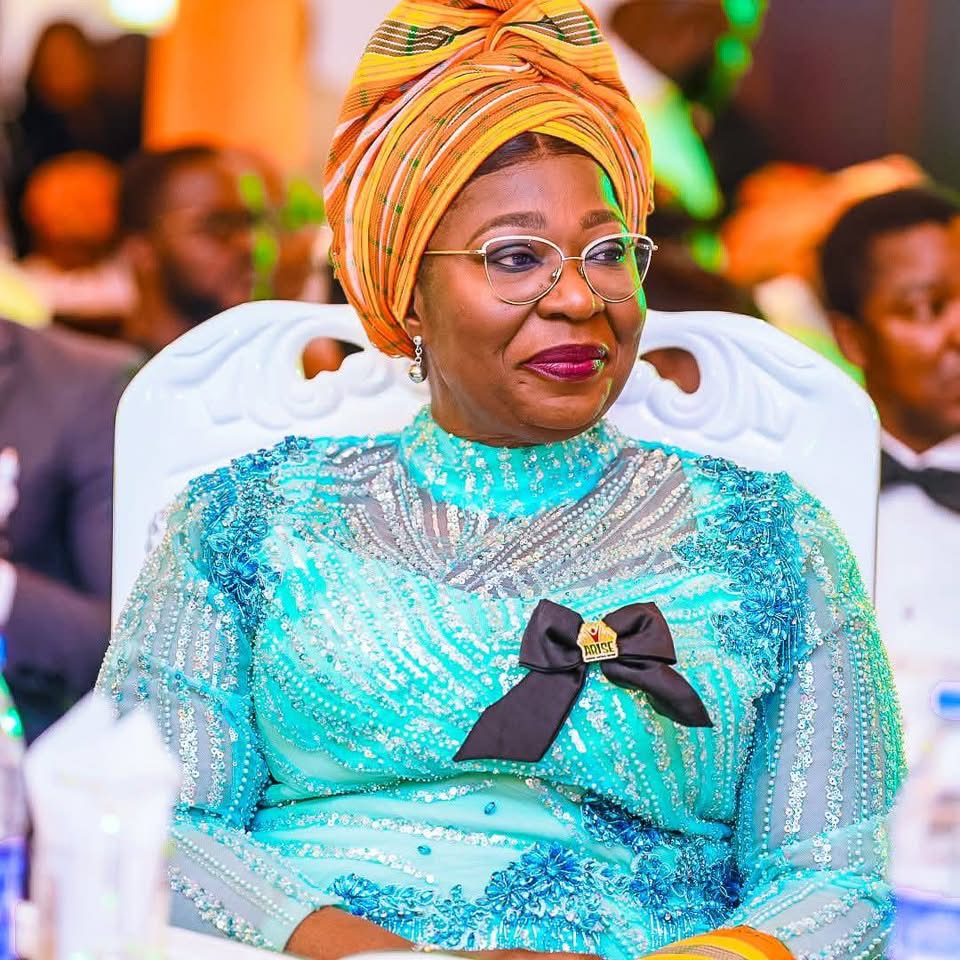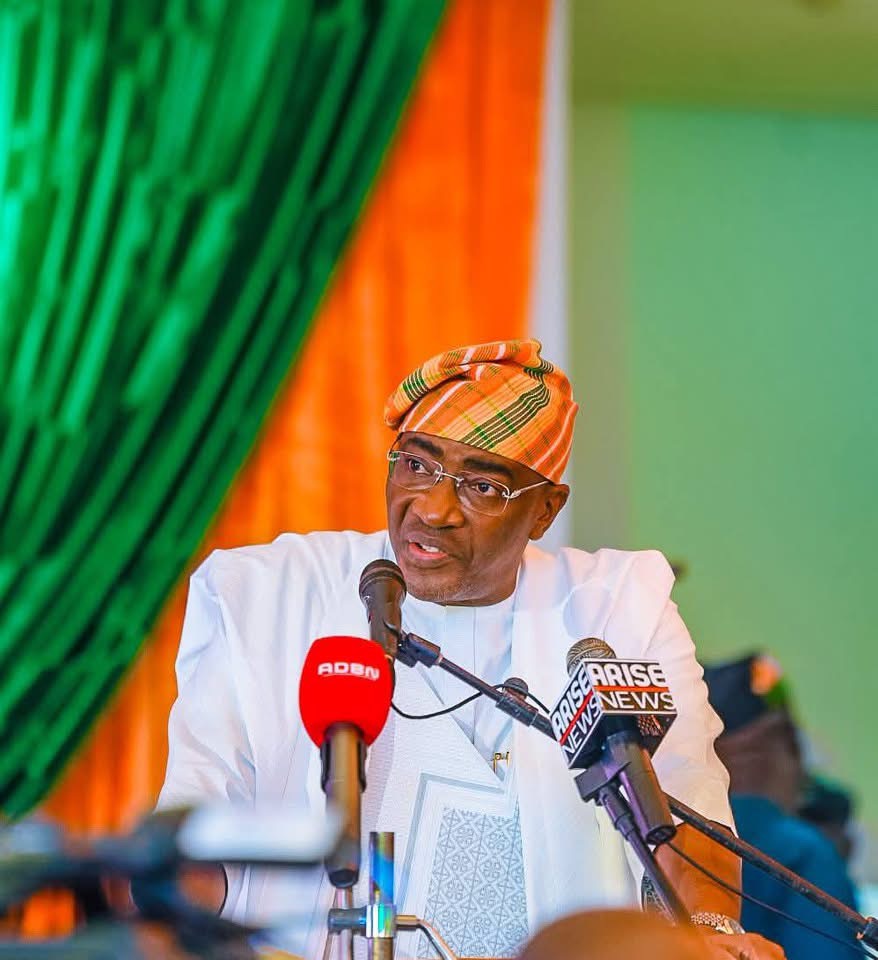Culture we all know is the way of life of a people, what we project and present gives credence to the projectiles of who we are and what we represent. We are also aware that culture, in its most vibrant form, is inherently cosmopolitan, an enviable magnificent mosaic of traditions, beliefs, and practices drawn from the global human experience, is the world no longer a global village?.
This cosmopolitan nature is not merely a passive state but an active, intertwining attribute where distinct cultural threads connect, enriching the whole. The allure of adopting elements from other cultures lies in their capacity to foster growth, understanding, and a powerful sense of shared humanity.
Devoid of ethnocentrism, societies that embrace cultural exchange invariably position themselves for greater prosperity and harmony. The intentional adoption of elements from other cultures signals a commitment to inclusivity and a belief in the beauty of diversity. It is a powerful statement that transcends geographical boundaries, making a region more inviting, dynamic, and globally relevant.
The recent choice by the Akwa Ibom State Governor and government to adopt the beautiful dress code of the Yoruba people for the gala night commemorating the 38th anniversary of the creation of Akwa Ibom State is a shining example of this intentional cosmopolitanism.
This move is far more than a simple fashion statement; it is a strategic and deliberate measure aimed at significantly boosting tourism, hospitality, and inclusivity within and without the state. By celebrating a major cultural expression from another prominent Nigerian group, the Akwa Ibom State government is projecting a strong image of national unity. It sends a clear message to all Nigerians, particularly those from the South-West, that they are valued and welcomed in Akwa Ibom State. This is a foundational step for true national cohesion.
The visual spectacle of the event, showcasing the blend of Akwa Ibom hospitality with the vibrant Yoruba attire, creates a powerful, memorable, and globally marketable narrative. It moves beyond the local to embrace a pan-Nigerian identity, not only enhancing the tourism narratives but attracting tourists who seek to experience the best of Nigeria in a safe, welcoming environment.
In bolstering hospitality, Akwa Ibom State positioned herself as a culture that consciously adopted and celebrated others’ traditions, which inherently is a welcoming one. This act reinforces Akwa Ibom’s reputation for exceptional hospitality, encouraging investment and patronization of local businesses, hotels, and tourist sites.
Akwa Ibom State already boasts a significant cultural export that has captured the national imagination: its continental cuisine. The fame of staples like Afang, Edikang Ikong, Iwe-Ekpang and Atama has made Akwa Ibom food an envy at the national level. These scrumptious and sumptuous array of mouth watering cuisine have cemented the fact that non-Akwa Ibom entrepreneurs have found it commercially viable to rename their restaurants with Akwa Ibom nomenclature. Without doubt , this is a clear nod to the power and authenticity of the state’s culinary identity underscoring the magnetic appeal of its culture.
This successful export demonstrates that cultural adoption and recognition flow both ways. Just as the culinary world acknowledges Akwa Ibom’s excellence, the state is now publicly acknowledging the cultural brilliance of its counterparts.
Beyond the internal benefits of tourism and inclusivity, adorning the Yoruba cultural outfit at a state-level event also carries a significant message of national solidarity and respect. It serves as a show of support to the President of the Federal Republic of Nigeria, Senator Bola Ahmed Tinubu, who hails from the South-West.
In the spirit of cooperative federalism and mutual respect, this gesture symbolically unites the states and signals Akwa Ibom’s commitment to working collaboratively with the central government. It’s an act of statesmanship that recognizes the importance of national leadership and leverages culture to build political and social bridges.
Ultimately, the choice to embrace the Yoruba attire is a masterstroke, a sophisticated, intentional blend of cultural appreciation, economic strategy, and political goodwill. It solidifies Akwa Ibom’s position not just as a land of promise, but as a truly cosmopolitan, inclusive, and forward-thinking state ready to lead in promoting Nigeria’s rich, diverse tapestry.


By Patrick Edeke

